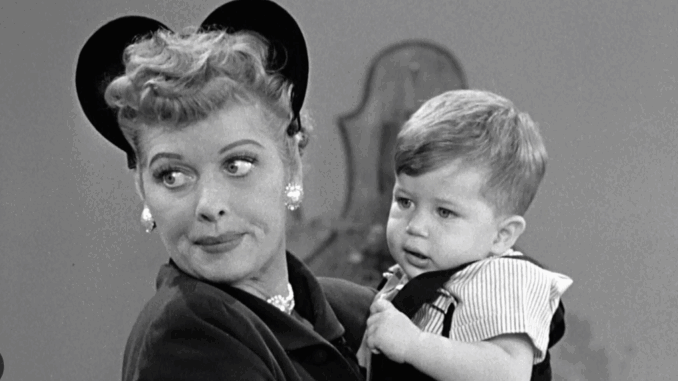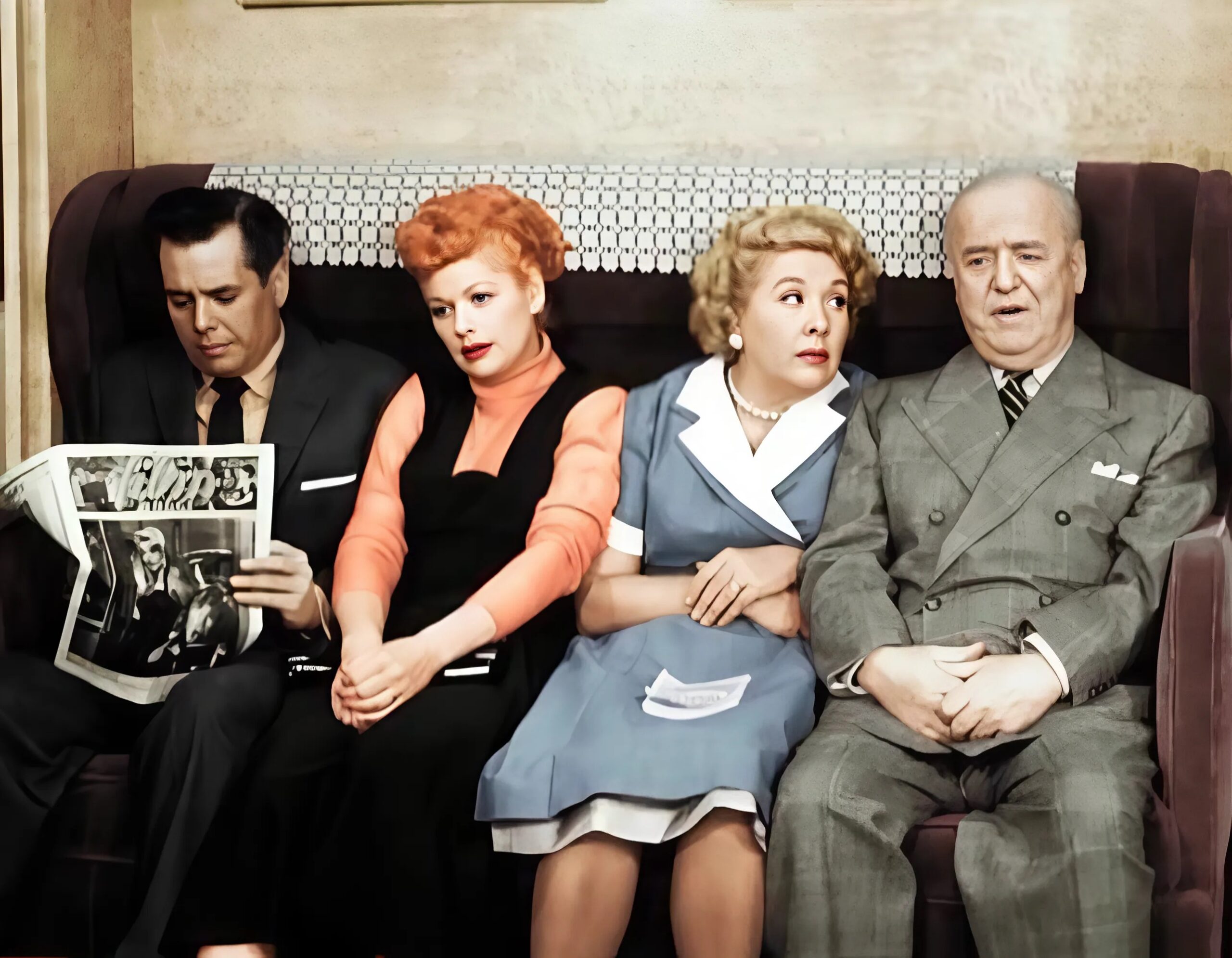
Lucille Ball. The name conjures images of slapstick brilliance, a perfectly timed pratfall, and the unforgettable “Vitameatavegamin” commercial. For many, she’s simply the queen of comedy, a beloved figure whose antics on I Love Lucy still bring smiles decades later. But to relegate Lucille Ball solely to the realm of comedic genius is to drastically underestimate her profound and lasting impact on the television industry. She wasn’t just a star; she was a titan, a visionary whose contributions shaped the medium in ways that are still evident today, yet are surprisingly under-discussed.
The First Female Studio Mogul
Long before Reese Witherspoon, Oprah Winfrey, or Shonda Rhimes built their media empires, there was Lucille Ball. In an era when women in entertainment were largely confined to on-screen roles, Ball shattered the glass ceiling by becoming the first woman to run a major television studio, Desilu Productions.
Founded with her husband, Desi Arnaz, Desilu was a powerhouse, responsible for producing not only I Love Lucy but also iconic shows like Star Trek and Mission: Impossible. When Ball and Arnaz divorced in 1960, she bought him out, becoming the sole owner and chief executive. This wasn’t a symbolic title; she was a hands-on leader, making critical business decisions, overseeing productions, and navigating the male-dominated corporate landscape of Hollywood. Her leadership of Desilu paved the way for future generations of women to aspire to positions of power behind the camera, proving that talent and business acumen were not exclusive to one gender.
Pioneering the Sitcom Standard: The Three-Camera Format
Ever wonder why most sitcoms you watch today have a laugh track or a live studio audience, and a particular visual feel? You can largely thank Lucille Ball and Desi Arnaz. Facing the challenges of filming for television, they defied conventional wisdom and spearheaded the adoption of the three-camera setup with adjacent sets.
At the time, most shows were filmed with a single camera, similar to film productions. However, Desilu wanted to capture the spontaneity and energy of a live theatrical performance. Their innovative approach, using multiple cameras simultaneously, allowed for continuous filming of scenes, capturing different angles and reactions without interrupting the flow. This not only streamlined production but also became the foundation for how sitcoms are made even today, creating that distinctive, intimate feel that allows audiences to feel like they’re right there in the living room with the characters. It was a technical revolution driven by their creative vision.
Breaking Barriers: Pregnancy on Television
In the 1950s, network censors were notoriously conservative. The idea of showing a pregnant woman on television, let alone acknowledging her pregnancy, was practically taboo. Yet, when Lucille Ball became pregnant with her second child during the run of I Love Lucy, she and Desi Arnaz saw an opportunity to reflect real life on screen.
They fought tirelessly with CBS executives to incorporate her pregnancy into the storyline, rather than trying to hide it or film around it. The network eventually conceded, with strict rules about avoiding the word “pregnant” (they used “expecting” instead). The episodes detailing Lucy Ricardo’s pregnancy and the birth of “Little Ricky” were groundbreaking. They not only normalized a natural part of life for millions of viewers but also demonstrated the power of television to reflect societal realities, even if subtly. This brave decision paved the way for more realistic portrayals of women’s lives on television and challenged the rigid moral codes of the era.

Lucille Ball was more than just a funny lady; she was a trailblazer whose vision, business acumen, and unwavering determination irrevocably altered the landscape of American television. From owning a studio and revolutionizing production techniques to bravely pushing societal boundaries, her influence is woven into the very fabric of the medium we consume daily. It’s time we talked about her full impact, recognizing her not just as a comedic legend, but as an unparalleled pioneer who truly changed television forever.